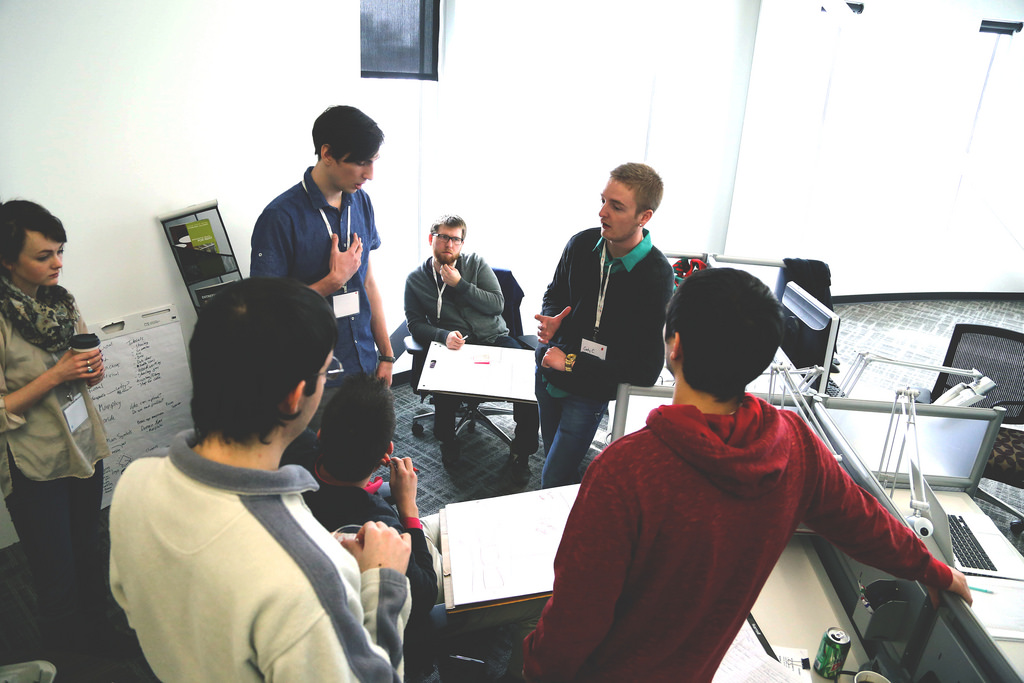A leader is someone who helps you to be a better version of yourself. Is someone who must GUIDE and not gives all the answers. Here in this blog post we tell you how to effectively and truly help someone who approaches with a question for solving X problem. Read to learn how to be a real leader.
A few days ago someone asked me:
Is there a method to share what we know? People approach me with questions, and I find it a bit difficult to make myself understood sometimes when trying to answer those questions.
When someone ask you a question, there are 2 parts involved in the interaction, and they both depend on each other:
- How do they ask.
- How do you answer.
For the former, I wrote Rubber Duck Effect where I explained that “the problem” lies with HOW someone will come asking directly:
Hey, how do I solve my problem?
No context, no explanation, no effort. It seems they haven’t taken time to analyze the problem or to zoom out and have a panoramic view of it in order to provide good context.
Answering
In this scenario there are only 2 ways to answer:
- Answer the question directly, the best you can, with the information you have.
-
Help them articulate the question by asking for more details.
Each case will be different and will depend on the importance (not urgency) of the solution, but in general, my advice is: Help them articulate the question.
Helping the questioner
The next time someone comes in and asks you for a solution to a specific problem, ask them to “explain” things like:
- What is happening?
- What do the logs or the error tracker say?
- Which solutions have you tried?
I’ve learned that a leader is someone who helps you to be a better version of yourself; therefore, we must GUIDE but not give answers. Basically, tell them: Research first, try many things, and, if nothing works, I’ll gladly help.
This will improve their learning and thinking process for both technical and soft skills, like researching or linking ideas, which, in any situation, will help them to find an answer by themselves, thus, increasing effectiveness.
Conclusion
It’s all about collaboration. The TIME of both parties is equally important:
- While asking, be clear and direct, acknowledge that another person has priorities and our emergency is not one of them.
- When answering, assess the situation, generally speaking, it is better to let people investigate but direct responses can be a relief in exceptional cases.
Again, it depends.
Thanks for reading!
Hope this tips helps you when doing or aswering questions! 😉





